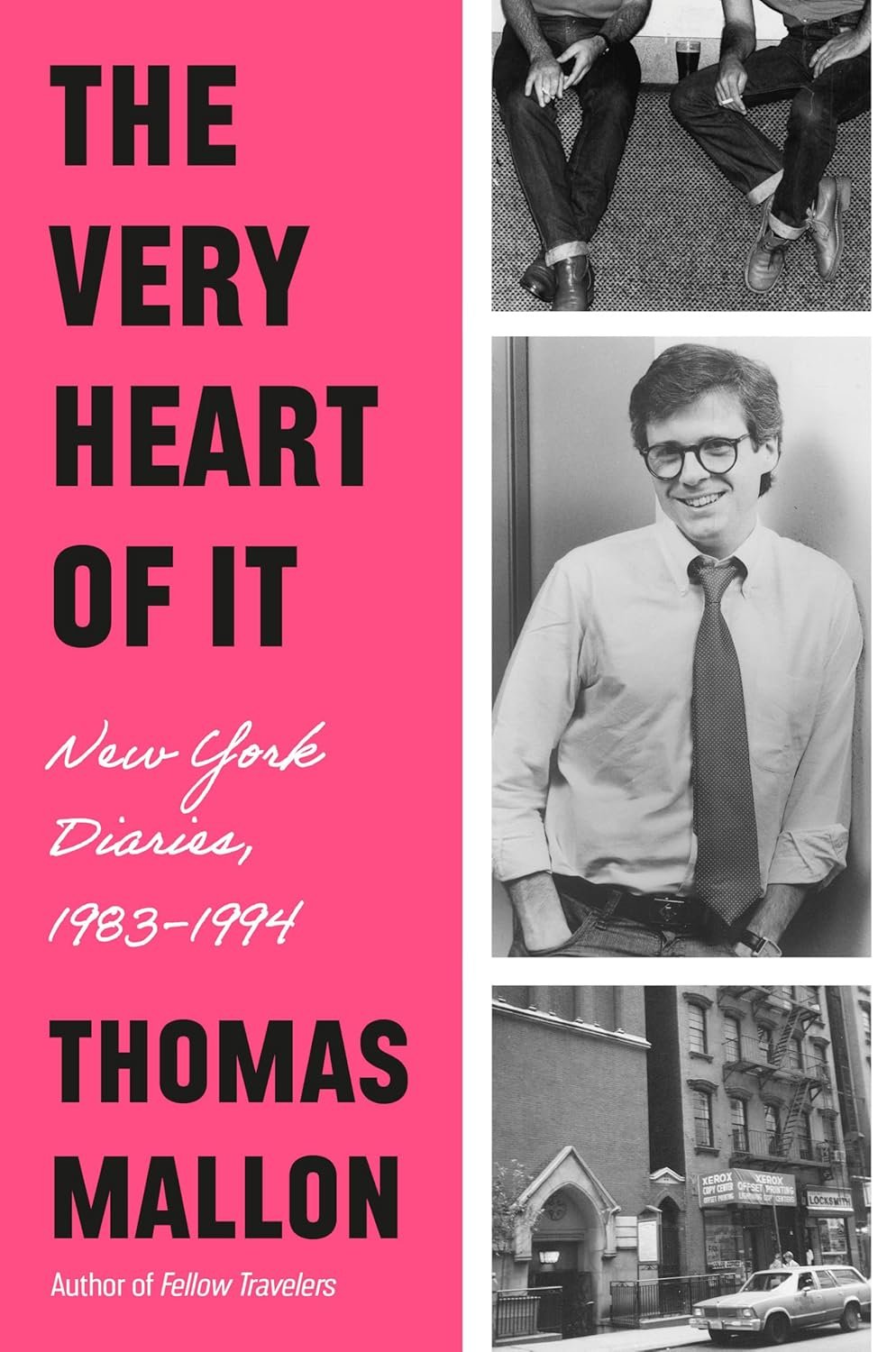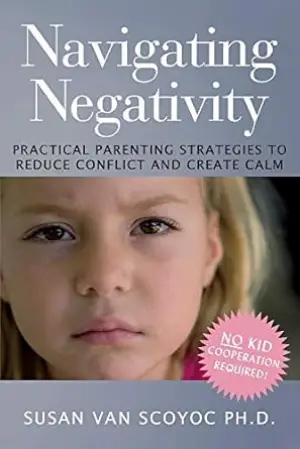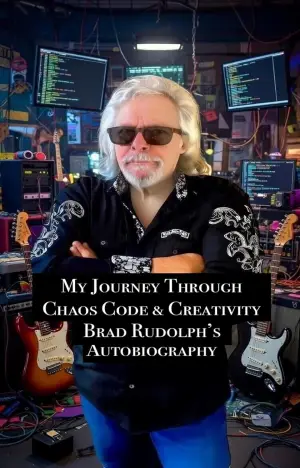A Personal Reflection on "The Very Heart of It: New York Diaries, 1983-1994"
When I stumbled across The Very Heart of It: New York Diaries, 1983-1994 by Thomas Mallon, I found myself both eager and apprehensive. Mallon has become one of my go-to authors for his meticulous research and ability to weave narratives around historical figures. This book, however, is a departure from his fictional universes, offering a raw and unfiltered glimpse into his life during a turbulent time in New York—1983 to 1994. As someone who has explored the city’s vibrant literary scene, what could be more captivating than seeing it through the eyes of a writer I admire?
Mallon’s diaries are more than just a chronicle of events; they reflect deeply personal themes such as love, fear, and the intersecting worlds of art and politics. One of the most prominent threads is his anxiety surrounding AIDS—a fear that permeated the lives of many during the 1980s and early ’90s. Reading about Mallon’s relief when learning he was HIV-negative made me exhale a breath I didn’t realize I was holding. This emotional rollercoaster is painted in hues of vulnerability as he navigates both personal relationships and the fear of loss. His romantic connection with Bill, coupled with moments of infidelity, adds complexity to an already rich narrative.
Mallon’s observations about fellow literary figures, particularly David Leavitt, reveal his wry sense of humor. I chuckled when he described Leavitt’s weak handshake in terms that were both chuckle-worthy and revealing. Is it jealousy? Perhaps. There’s a playful bite in his commentary that feels both light and loaded, capturing the spirit of a time when being a “hot” writer came with its own unique pressures and rivalries.
What struck me most about Mallon’s writing was his ability to balance personal reflection with broader social commentary. His reluctance to fully embrace the changing political landscape—especially regarding LGBTQ+ rights—adds a fascinating layer to his character. It reflects the inner conflict many might have felt during that era, trying to reconcile personal identity with societal expectations.
One memorable moment came when Mallon reflects on a conversation with Stephen Spender, who boldly accuses Leavitt of plagiarism. The blend of humor and seriousness in that entry stopped me in my tracks. It serves as a reminder of the stakes in the literary world and the personal ambition that drives us, making it all the more relatable.
Ultimately, The Very Heart of It is a raw, honest look at not just Mallon’s life but a significant period in American history—a window into the lives of those navigating both the joy and peril of existence as artists. For those who appreciate Mallon’s previous novels or have an interest in the publishing scene of that time, this book stands out as a must-read.
As I closed the last page, I felt a connection not just to Mallon, but to the world he so vividly depicts. His experiences resonate deeply and offer valuable insights that extend beyond the particularities of his life. If you’re curious about the intersection of literature, identity, and the struggle for acceptance during a pivotal moment in history, this book might just tug at your heartstrings as it did mine.
Discover more about The Very Heart of It: New York Diaries, 1983-1994 on GoodReads >>







